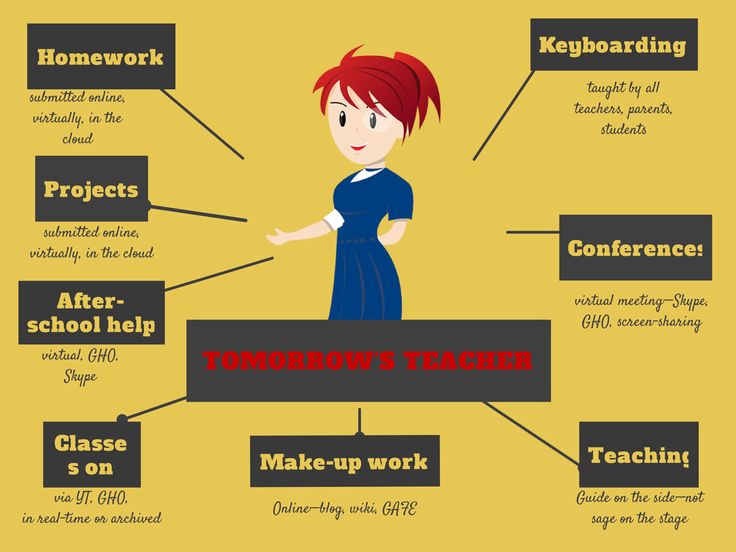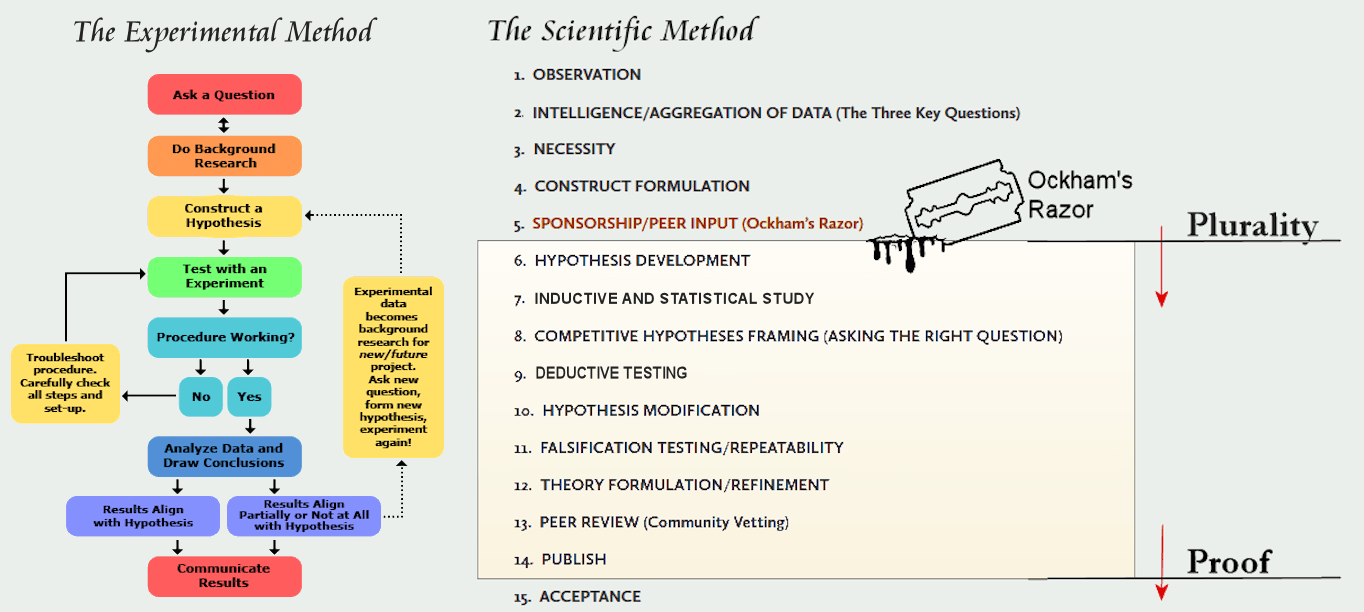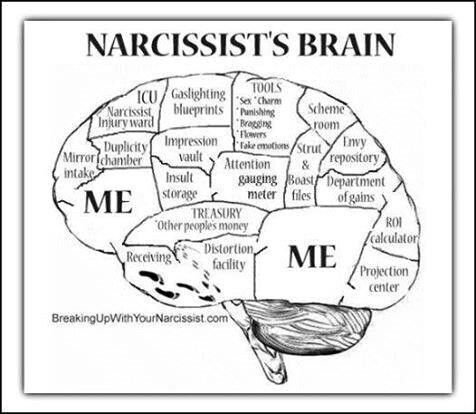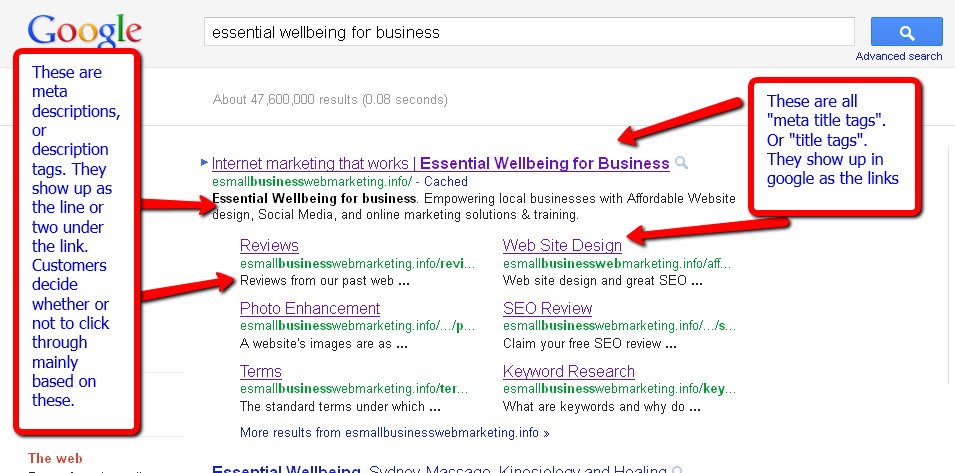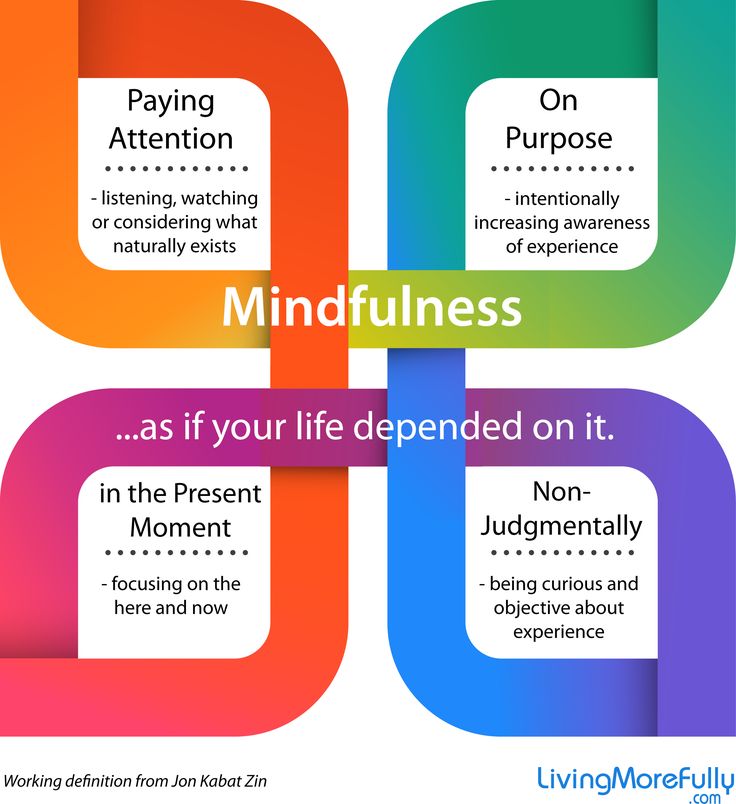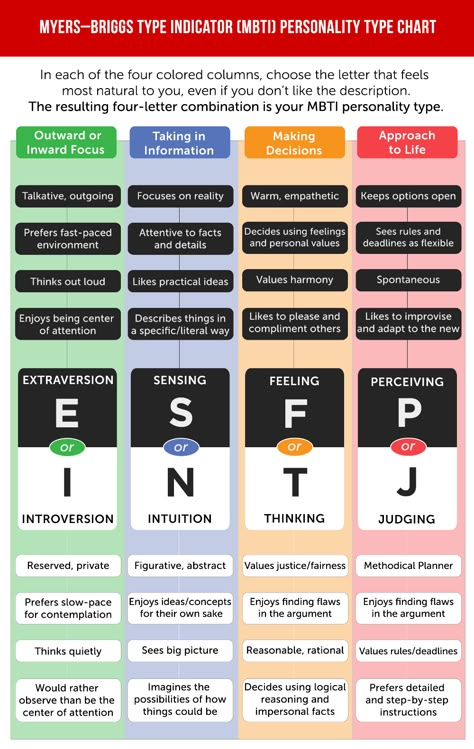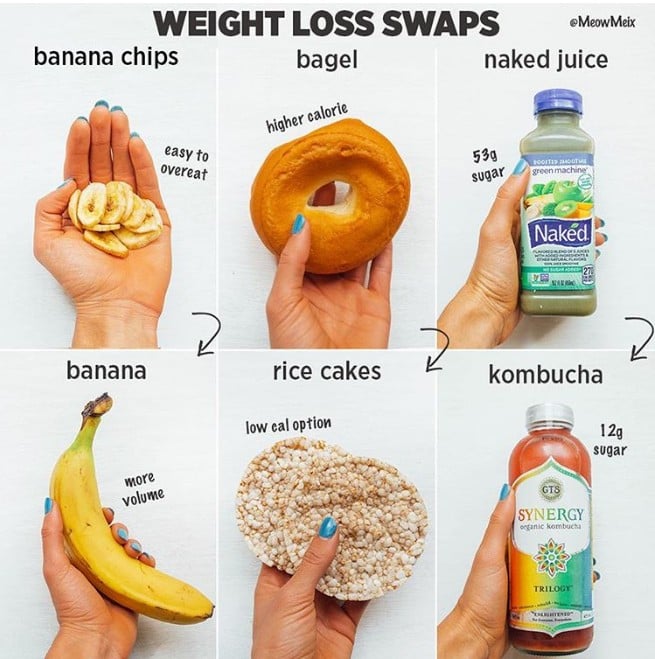Need to be productive
What Efficient People Have in Common
Table Of Contents
- The habits of highly productive people
- How to be more productive
- Quick tips on how to be more productive
We’ve all known that person who always seems to be getting things done.
Whether a friend or a colleague, this is the person whose work is always done early. The one who somehow manages to finish hour-long tasks in 20 minutes.
The one people describe as a robot or machine, because surely no simple human could work as quickly as they do.
And yet these people exist, cranking away at maximum efficiency. What do these highly productive people have in common? How do they do it?
The habits of highly productive people
It’s tempting to look at highly productive people as machines (or wizards). But by studying how they work efficiently and overcome the challenges we all experience, it’s possible to boost your own productivity as well.
How do the most efficient people overcome challenges like:
- Procrastinating on tasks—both small, nagging ones and large, challenging ones
- Boring work that needs just to get done
- Responding to email and other messages while working
- Staying motivated and energized throughout the entire work day
- Focusing and finishing the most important projects on their plates
As much as I would like to claim the status of “highly productive person,” the best I can do is say: I’m working on it. But from reading articles, checking out books, and asking questions of productive people, I’ve pulled together the best advice I could find on their productivity habits.
What follows are 18 of the most important habits of highly productive people. From ways to spend less time on emails to methods of staying focused, these productivity tips can help you maximize your efficiency — and get more done.
You can’t become more productive overnight. But if you make small changes and put some of these habits into place, you’ll be well on your way to becoming more efficient.
How to be more productive
Increase productivity and become highly efficient with these habits:
- Focus on most important tasks first
- Cultivate deep work
- Keep a distraction list to stay focused
- Use the Eisenhower Matrix to identify long-term priorities
- Use the 80/20 rule
- Break tasks into smaller pieces
- Take breaks
- Make fewer decisions
- Eliminate inefficient communication
- Find repeatable shortcuts
- Learn from successes as well as mistakes
- Plan for when things go wrong
- Work before you get motivated or inspired
- Don’t multitask
- Fill the tank — recharge
- Sharpen the axe
- Manage your energy (not just time)
- Get better at saying “no”
Get more productive with automation
Get a free 14-day trial of ActiveCampaign.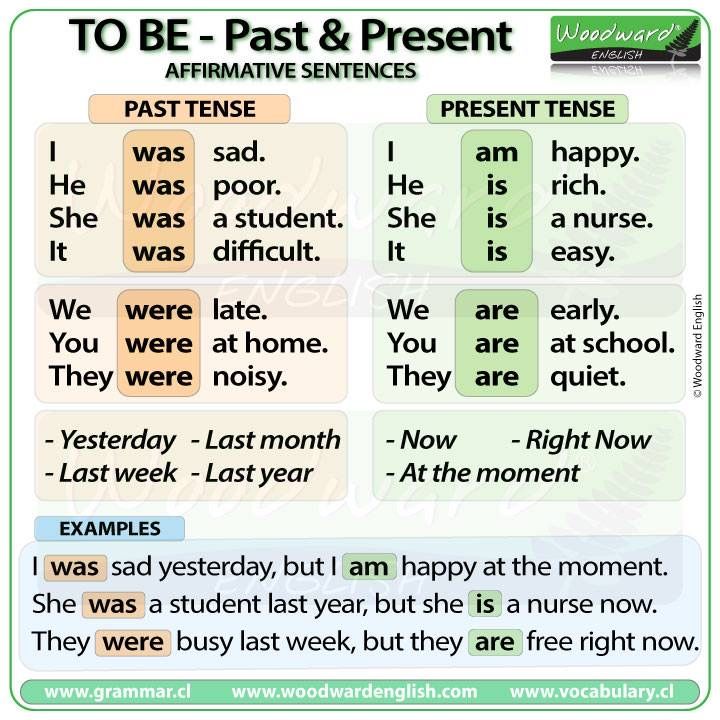 Let marketing automation handle the boring stuff (no credit card required).
Let marketing automation handle the boring stuff (no credit card required).
1. Focus on most important tasks (MITs) first
Productivity tip – Focus on most important tasks (MITs) first Tweet this!
You probably didn’t go to the Massachusetts Institute of Technology — but an MIT can help you be more productive.
The theory behind Most Important Tasks is that any given to-do list has some tasks that are more important than others. If you focus on simply checking off to-do list items, you’ll end up with a mix of important and less important tasks completed.
It also exposes you to the potential for procrastination — it’s easy to spend the whole day checking off easy, less important to-dos instead of buckling down on the hard stuff.
Instead, spend a few minutes at the beginning of your day to choose 1–3 MITs — the things that, no matter what, you need to finish by the end of the day.
With a renewed focus on what’s important, it’s easier to create a meaningful to-do list — make sure the important things get done.
Laura Earnest of Whole Life Productivity had this to say on the importance of prioritization as a productivity habit:
“Let me say that I distinguish between efficient and effective, but that both are needed for peak productivity. Efficient is doing things right and effective is doing the right things. So the most productive people work on the high value tasks, making sure that how they are doing those tasks is the best way.
I also believe that the most productive people are able to discern which are the high value tasks, and are able to either let the others go or delegate them. It’s not a crazy rush to get everything done, because they recognize that they can’t get everything done.”
2. Cultivate deep work
Productivity tip – cultivate deep work (even if it means saying no more often) Tweet this!
Some tasks are just hard. There’s no substitute for deep work.
Everybody has a few daily to-dos that could be almost be knocked out while sleeping.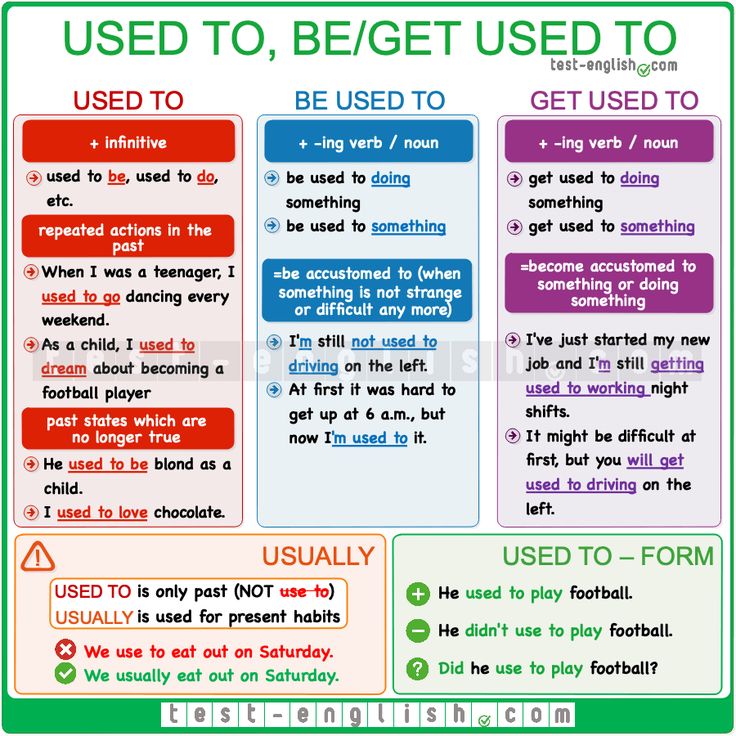 These are the tasks that you need podcasts to get through — if anything, they’re hard to get yourself to do because they’re not especially interesting.
These are the tasks that you need podcasts to get through — if anything, they’re hard to get yourself to do because they’re not especially interesting.
At the same time, some tasks are just difficult. You can’t multitask your way to finishing them. You need to devote serious time and mental effort to knocking them out of the park. These tasks are called “deep work.”
Cal Newport wrote about this type of work in his bestselling book, Deep Work: Rules for Focused Success in a Distracted World. Newport argues that the skill of intense focus is increasingly rare—and that those who can master it are at an enormous advantage.
A few of Newport’s recommendations to cultivate deep work are:
- Schedule deep work: Plan deep work into your schedule at a similar time every day, probably in the morning. Having a regular time to do deep work helps you make it a habit.
- Get bored: It sounds counterintuitive to call being bored a productive habit, but being comfortable with boredom is important.
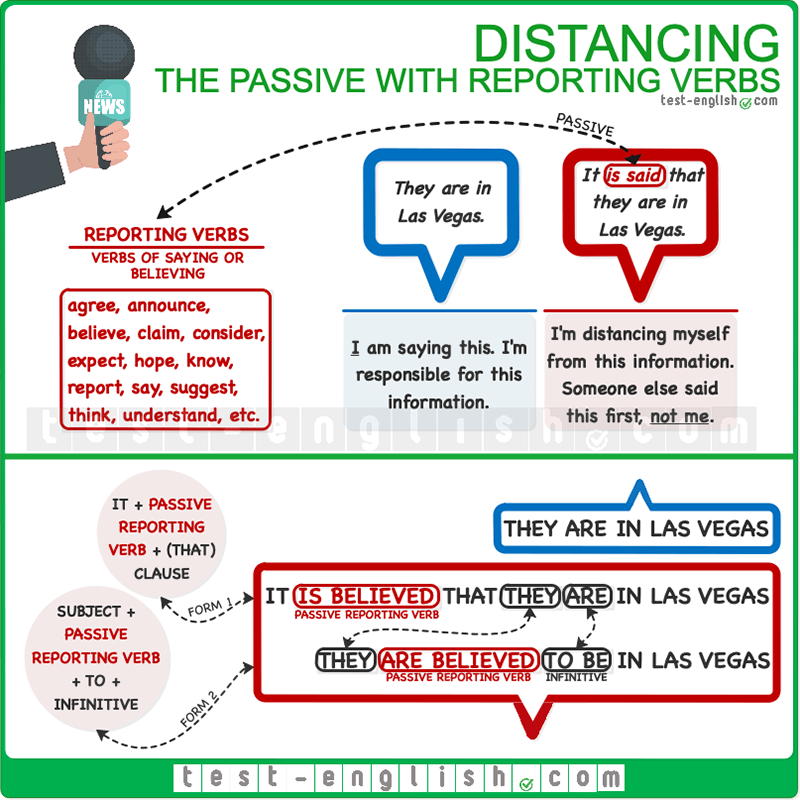 Deep work isn’t always enjoyable, and boredom or frustration are what cause us to seek out distractions. Avoid using social media for entertainment as much as possible, and get more comfortable doing nothing.
Deep work isn’t always enjoyable, and boredom or frustration are what cause us to seek out distractions. Avoid using social media for entertainment as much as possible, and get more comfortable doing nothing. - Be harder to contact: Email and other distractions can be reduced by asking people who contact you to do more work up front. Ask people to research their questions before coming to you, and provide as much info as possible in their emails. Same goes for you—spending time on communications instead of dashing off a quick email can minimize back and forth.
- Know your work habits: Do you work best in isolation? With periodic breaks? Are you working around a hectic schedule? You don’t need to overhaul your entire schedule—just set aside some time for deep work.
Highly productive people have mastered the skill of deep work.
3. Keep a distraction list to stay focused
Productivity tip – keep a distraction list, to jot down ideas you think of while you're working Tweet this!
With emails, social media, and a thousand little to-dos, it’s easy to get distracted when you’re trying to be productive.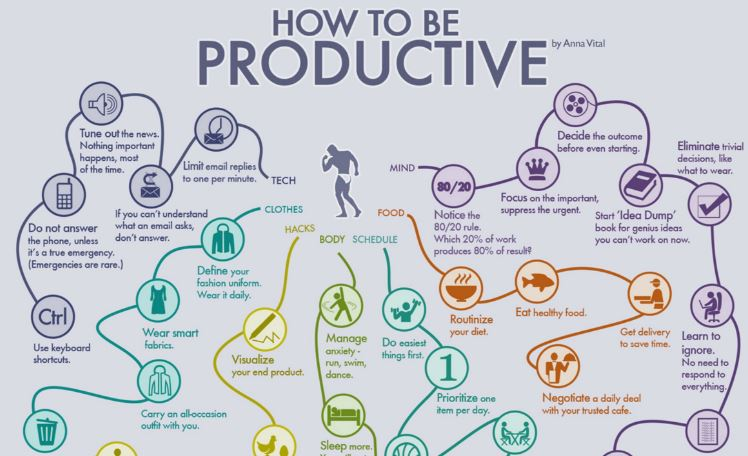
Whether you’re trying to focus on deep work or just dealing with smaller tasks, distractions are the bane of productivity. It’s hard to maintain efficient work habits with distractions around.
One powerful method of reducing distractions is creating a “distraction list.”
Keep this list — whether it’s a Google Doc or a physical piece of paper — nearby while you’re working. Whenever a distracting thought pops up, write it down on the list and get back to work.
This technique, which is one of the secrets to the Pomodoro Technique, is powerful because a lot of the time your distractions legitimately require attention.
If I’m doing deep work and suddenly remember a bill that needs to be paid, or have an idea for a new blog post, those are thoughts that deserve attention.
They just don’t deserve it right now.
As thoughts arise during your work, jot them down. Once you reach a break in your work, you can come back and either tackle them or add them to your larger to-do list.
4. Use the Eisenhower Matrix to identify long-term priorities
Productivity tip – use the Eisenhower Matrix to find your important but not urgent tasks Tweet this!
One of the dangers of productivity is a focus on the short term. As management legend Peter Drucker once said, “there is nothing so useless as doing efficiently that which should not be done at all.” When you study productivity habits, it’s easy to fall into that trap.
On any given work day, it’s easy to get caught up in things that seem important right now.
The Eisenhower Matrix, used by Dwight Eisenhower to make decisions during his time as a general, was popularized by Stephen Covey’s book The 7 Habits of Highly Effective People. It helps you to quickly determine what you should work on and what you should ignore.
To create an Eisenhower Matrix, make a 2 x 2 square. On one axis, write “important” and “not important.” On the other, “urgent” and “not urgent. ”
”
Source: Develop Good Habits
Organizing your to-do list based on each task’s importance and urgency can help you identify time-sinks that aren’t worth it.
Are you spending most of your day doing things that are urgent but not important? Look for ways to delegate, automate, or eliminate.
Are you spending time on things that aren’t important or urgent? Ignore those things.
Are you making time to work on things that are important but not urgent? If you’re like most people, you could be spending more time in this quadrant. The Eisenhower Matrix makes it easier to see what matters and what doesn’t.
5. Use the 80/20 rule
Productivity tip – use the 80/20 rule to focus your time on the most impactful tasks Tweet this!
Another way to prioritize tasks comes from the 80/20 principle.
Discovered by Italian economist Vilfredo Pareto, the 80/20 rule (also called the Pareto Principle) states that, in any pursuit, 80% of the results will come from 20% of the efforts.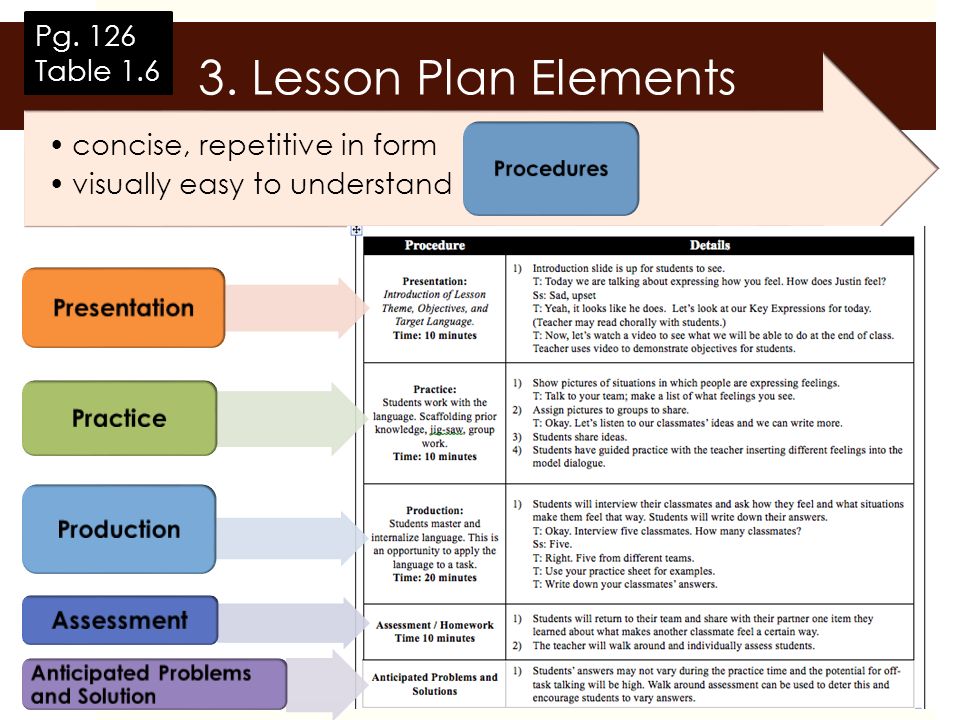
To maximize efficiency, highly productive people identify the most important 20% of their work. Then, they look at ways to cut down the other 80% of their schedule, to find more time for the things that make the biggest impact.
This email is part of the 20%
Put in your email address. Once a week, we'll send you our best marketing advice (the stuff that gets 80% of results).
6. Break tasks into smaller pieces
Productivity tip – break down tasks into a single next step. It will stop procrastination. Tweet this!
Why do you procrastinate?
There are a variety of reasons that people procrastinate, but one of the most important is that the tasks on their to-do list just seem too daunting.
If you have to-do list items that are large in scope and not very specific, tackling those tasks becomes challenging. You look at the item and think “I don’t even know where to start.”
You can start by breaking large to-dos into smaller to-dos. Set small goals for each task.
Set small goals for each task.
If I have a to-do list item labeled “write a blog post on productivity,” it’s easy to (ironically) put it off — because there are a few different places I could start.
What if I broke that larger task into smaller chunks? Instead of “write a blog about productivity,” an example of my to-do list could be:
- Look up keywords related to productivity and good, efficient habits
- Read the top 10 Google results on productivity
- Brainstorm other methods to become more productive
- Organize the ideas I’ve found or thought of into an outline
- Jot down any specific thoughts on each tactic using bullet points
- Go through my bullet points one at a time, to flesh them out into full sections
My larger to-do item has become six smaller tasks. Sure, that makes my to-do list longer, but it also helps me get things done faster — and I don’t have to think about where to start.
Each item on my list is incredibly specific.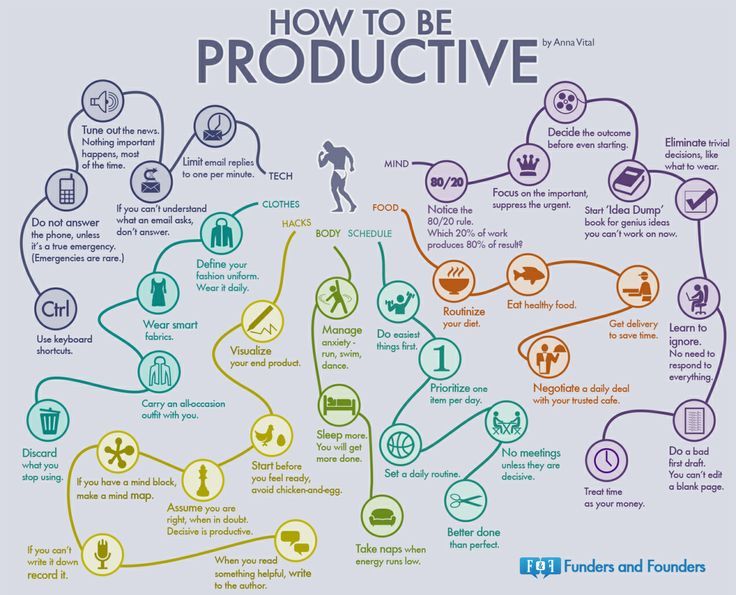 All I have to do is tackle them in order. The result is the blog post you’re reading right now.
All I have to do is tackle them in order. The result is the blog post you’re reading right now.
7. Take breaks
Productivity tip – taking breaks makes you more productive. A short break every 55 minutes is ideal. Tweet this!
Nobody, not even highly productive people, can focus for eight hours straight. It simply isn’t possible. No matter how many efficient habits you build, you can’t maintain distraction-free focus for that long.
That’s why taking breaks is so important (and research shows it makes people more productive). Even breaks that are just a few minutes long can help you recharge and come up with new ideas.
Be proactive about taking breaks. When you take breaks, it’s important to make them structured and deliberate. It’s easy to justify distractions as “taking a break.” But if you don’t have that break time scheduled, it’s possible that you’re actually just getting distracted.
Methods like the Pomodoro Technique can help.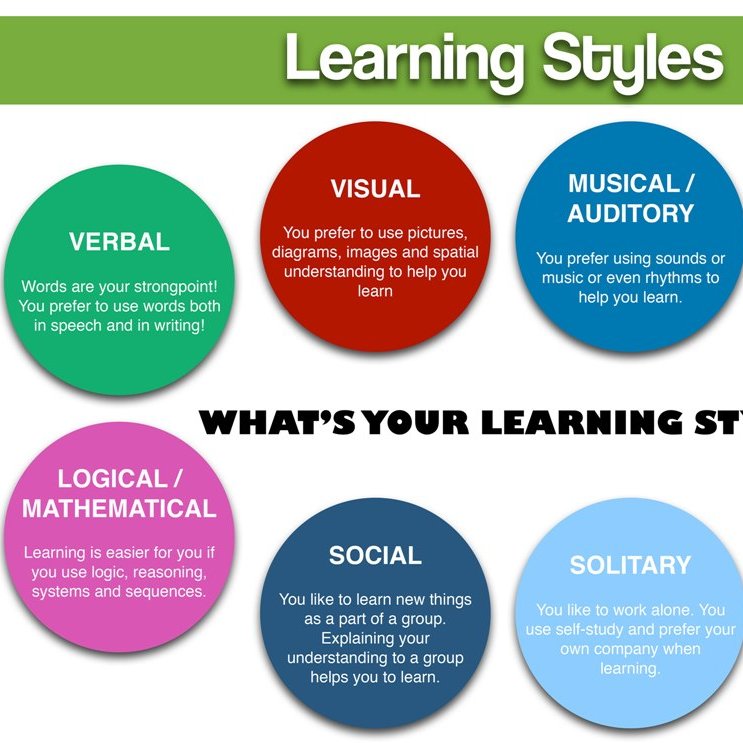 The Pomodoro Technique suggests 25 minute blocks of work, with short 5 minute breaks. You work intensely for a specific amount of time, followed by intentionally not working for a shorter amount of time.
The Pomodoro Technique suggests 25 minute blocks of work, with short 5 minute breaks. You work intensely for a specific amount of time, followed by intentionally not working for a shorter amount of time.
Scheduling breaks can keep you fresh and productive throughout an entire day.
8. Make fewer decisions (about things that aren’t important)
Productivity tip – make fewer decisions. Try to automate decisions, or make less important decisions without too much thought Tweet this!
While he was President, Barack Obama once told Vanity Fair that he never makes a decision about what to wear:
“You’ll see I wear only gray or blue suits,” [Obama] said. “I’m trying to pare down decisions. I don’t want to make decisions about what I’m eating or wearing. Because I have too many other decisions to make.”
Some decisions are important. Most aren’t. If you want to be more productive, consider outsourcing or eliminating everyday decisions.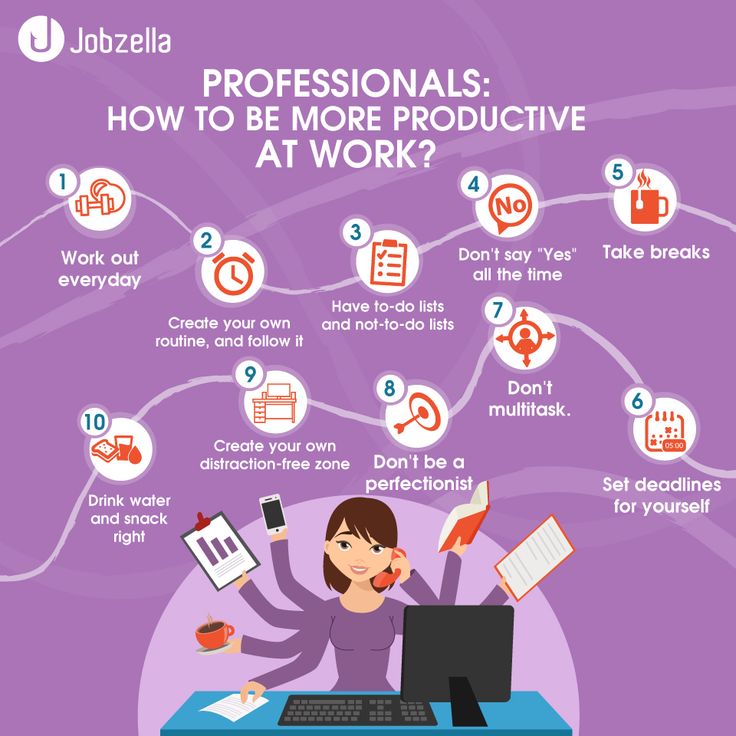
Other highly productive people have made similar comments about their own efficient habits. Author and entrepreneur Ramit Sethi has what he calls “Ramit’s Book Buying Rule:”
“If you’re thinking about buying a book, just buy it. Don’t waste five seconds debating it. Even one idea makes it more than worth the price.”
If you’re trying to decide between two books to read, Sethi would say: “read them both.” There’s no point on wasting your decision-making energy on the unimportant.
9. Eliminate inefficient communication (spend less time on email)
Productivity tip – spend less time on email by putting more information in your emails (cut down back-and-forth) Tweet this!
It’s time we got to the elephant in the room: email.
Email is often considered the bane of productivity habits. Many people spend their work day with their email inbox clearly visible, responding to every notification as it comes in.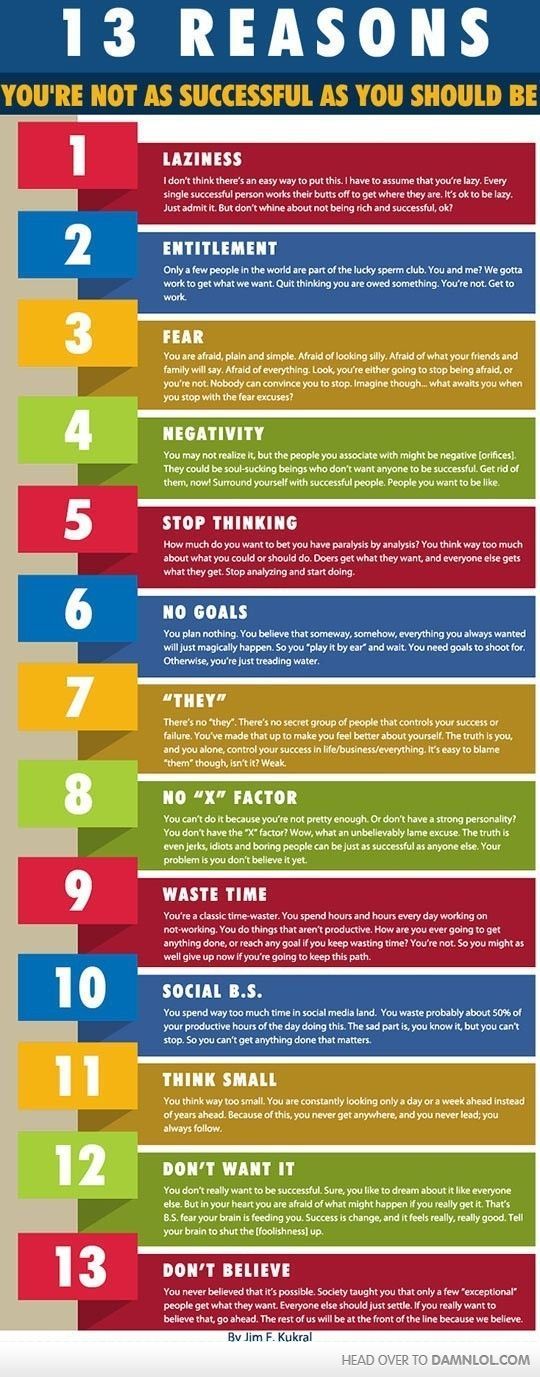
As I said in the deep work section, there’s a lot of value in reducing these kinds of distraction. One way to do that is simply by minimizing your inbox and checking at specific intervals.
Another is to become more efficient in your email communications to begin with. In other words: Send better emails.
Have you ever tried to schedule a meeting, then sent another five emails back and forth to set a specific time and place?
What if you could reduce the number of emails it takes to schedule simple meetings? Or make each email more precise, so that there’s less back and forth before your actually get to the real work?
Highly productive people reduce the number of emails they send by making each email clearer and more valuable. That might mean each email takes a few more minutes to write — but it also ultimately saves time.
If you need to schedule a meeting with an employee, don’t just sent them an email like this:
“Hi [employee name],
I wanted to meet so we could talk about [project].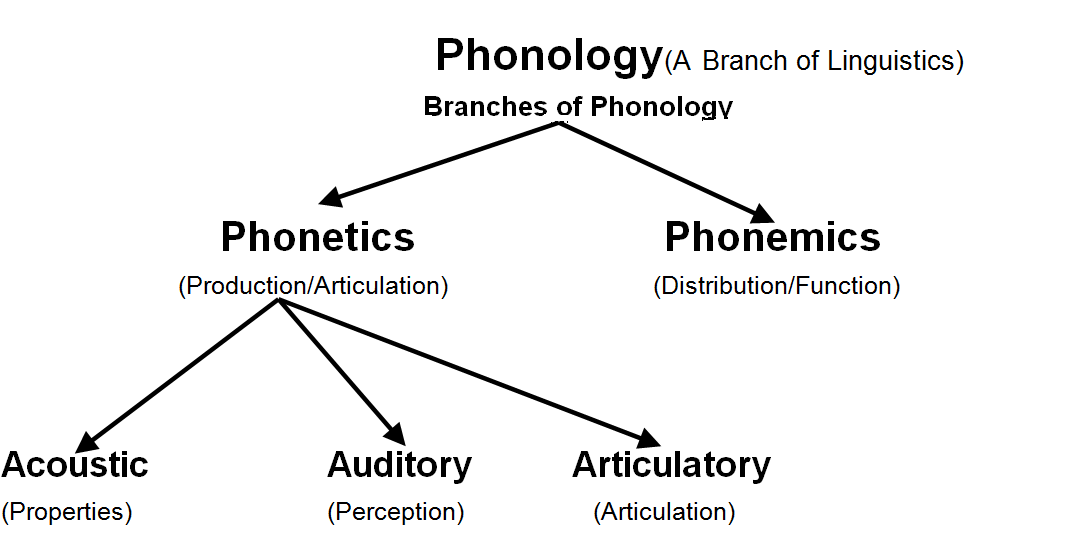 When is a good time for you?
When is a good time for you?
Best,
[your name]”
An email like that gets the job done, but it’s going to lead to a lot of additional scheduling emails.
Your actual meeting is also going to wind up being pretty inefficient, as you’ll need to go through the agenda in person — and the other person won’t have time to think through answers to your questions.
A better email might look like this.
“Hi [employee name],
I wanted to meet so we could talk about [project]. I specifically wanted to talk about:
[Project agenda topic 1]
[Project agenda topic 2]
[Project agenda topic 3]
I took a look at your calendar, and it seems like we’re both free on Tuesday at 10am or Wednesday at 1pm. Let me know what works best for you, and feel free to book my calendar.
Best,
[your name]”
This email is a little longer. It takes a little bit more thought to write. But it’s also much more efficient. It will take between 0 and 2 more emails to set up this meeting, and you’ll go in with a clear agenda and objectives.
But it’s also much more efficient. It will take between 0 and 2 more emails to set up this meeting, and you’ll go in with a clear agenda and objectives.
You can use a third-party scheduler like Calendly to make this even easier. Just send someone your link and they can book a time that works for both of you.
From scheduling meetings to giving out assignments or asking questions, make your emails as precise as possible. This takes a little bit more work up front, but ultimately makes you more efficient and cuts down on unnecessary work.
10. Find repeatable shortcuts — automate tasks
Productivity tip – what do you do over and over? Look for tech that can automate those tasks Tweet this!
If you find yourself doing the same things over and over, look for ways to do those things faster.
This can be as simple as learning common keyboard shortcuts, or involve automating entire sections of your business.
What are some ways you can find shortcuts? Here are a few potential examples:
- Put together standard operating procedures for common tasks, so you can quickly follow checklists instead of working from scratch
- Delegate tasks to interns or other employees where appropriate.
 (Just make sure you follow up with and update your team regularly.)
(Just make sure you follow up with and update your team regularly.) - Learn simple keyboard shortcuts that come up often. I like using “command + shift + t” to open a recently closed tab, or “command + option + 2” to create a heading in Google docs.
- Increase your typing speed — it seems obvious, but the difference between 60 and 90 words per minutes is huge. A game like Typeracer can help (warning: it’s addictive).
- Use technology to take care of repetitive tasks
Repetitive tasks are great candidates for shortcuts, delegation, or automation. Knocking them off your schedule can save you lots of time and energy.
11. Learn from successes as well as mistakes
Productivity tip – learn from your successes, not just your mistakes. Make efficient processes more efficient. Tweet this!
One of the challenges of highly productive people is ensuring that fast work is also good work.
When you’re working quickly, you open yourself up to making mistakes. Highly productive people tackle that risk by learning and improving at every possible moment — so that producing good work becomes intuitive.
Highly productive people tackle that risk by learning and improving at every possible moment — so that producing good work becomes intuitive.
Learning from mistakes is obvious (although of course valuable). When something goes wrong, analyzing the mistakes and looking for ways to prevent them is a massively valuable learning experience.
As important, and much less common, is learning from successes. When something goes well, why?
When you have a success, it can be tempting to pop the champagne and start celebrating. And don’t get me wrong — it’s good to celebrate your successes.
But successes deserve every bit as much scrutiny as failures.
Highly productive people make the most of successes by figuring out how to repeat them. What went well and why? What should you take from this experience and use again? Are there elements of a successful project that weren’t as effective and can be eliminated?
Asking these questions helps you go from one success to repeated successes.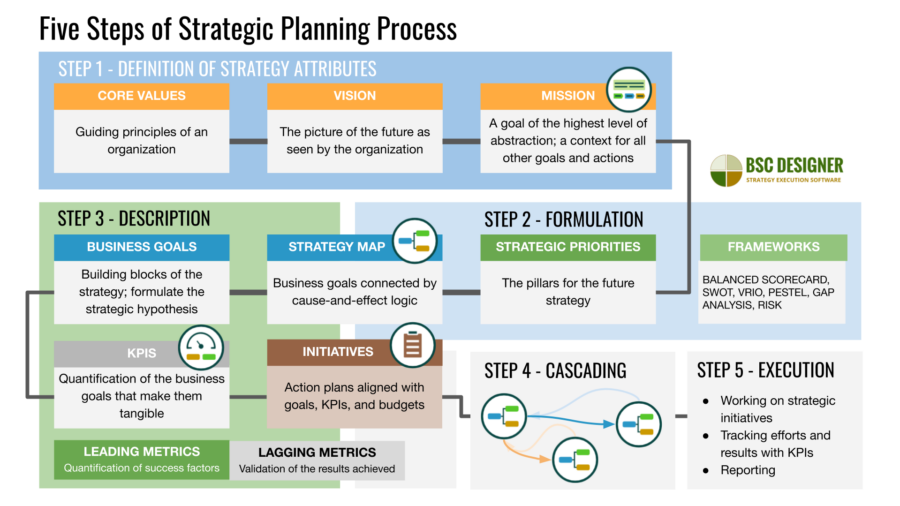 It also helps you understand your successes on a more intuitive level — which saves you time whenever you sit down to work on a new project.
It also helps you understand your successes on a more intuitive level — which saves you time whenever you sit down to work on a new project.
12. Plan for when things go wrong
Productivity tip – make an if/then plan for when things go wrong (before they ever go wrong) Tweet this!
It happens to everyone. You have big plans for today — it’s going to be your most productive day yet — but then little fires start popping up and demanding your attention.
Whether your furnace breaks and you need to call a repairman, a last minute meeting pops up, or you forgot to schedule in time for lunch — sometimes things go wrong.
Highly productive people acknowledge the planning fallacy: The fact that everyone underestimates how long it will take to finish tasks.
Research on the planning fallacy shows that a lot of the reason for this misestimation is that we forget to take into account tasks or responsibilities that aren’t yet on our calendars.
Have you ever tried to schedule a meeting and thought “let’s do this next week, next week looks more open?” But then next week comes around and it’s just as busy as always.
Highly productive people are better at realizing that next week only seems open because you haven’t scheduled it yet. By planning for interruptions and creating contingency plans, highly productive people can adapt quickly when unplanned problems present themselves.
13. Work before you get motivated or inspired
Productivity tip – motivation comes AFTER productivity (not before). Start by working to get inspired. Tweet this!
A lot of people looking to get more productive habits talk about needing to get inspired or motivated. Highly productive people instead focus on getting started — whether they’re motivated or not.
In her classic book Bird by Bird, author Anne Lamott gives this advice to aspiring writers: look through a one-inch picture frame.
What does that mean?
It means that you don’t need to tackle everything at once. When you are having trouble getting motivated, it’s often because you are looking at the massive scope of a project.
That’s intimidating. It’s hard to get started when faced with the enormity of a task.
Lamott tells writers not to worry about inspiration or motivation. Just start writing in the smallest possible way. Even if you need to start by describing your own shoes, getting words — any words — on the page is the first step.
The same applies to your work — even if you’re not a writer.
If you feel overwhelmed or find yourself procrastinating, look through a one-inch picture frame. Start doing something — like breaking the task into smaller chunks — and you’ll find it easier to keep going.
Taking action is what leads to motivation, which in turn leads to more action. Highly productive people don’t wait for motivation — they start working and the motivation follows.
14. Don’t multitask
Productivity tip – Don't multitask. Checking email or social media counts as multitasking. Tweet this!
With so many distractions in our surroundings, it’s tempting to fall into the trap of multitasking.
Don’t.
The research on multitasking is clear: people are bad at it.
The reason is that “multitasking” is actually misnamed. When you try to multitask, you aren’t really doing two things at once — you’re rapidly switching your focus between two things.
Every time you switch, you have to re-focus on the new task. Because it takes a few minutes to get up to speed on a task, these “switching costs” make multitasking extremely inefficient.
Are there times where multitasking is ok? Probably.
If you’re cleaning your apartment while listening to an audiobook, you’re probably going to do just fine. The reason is that the two tasks — cleaning and listening — don’t use the same mental resources.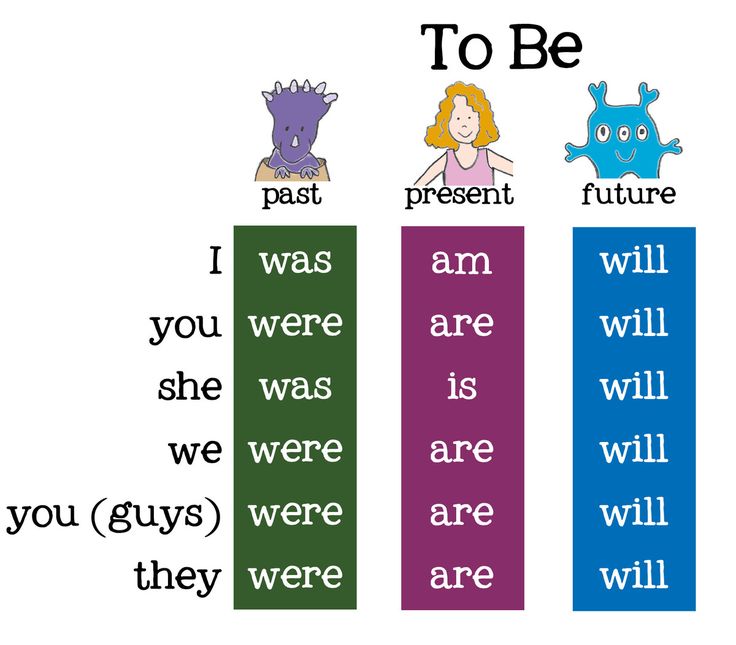
But if you’re writing an email while trying to follow the words in a podcast, both tasks are competing for your language resources — your work will slow down and quality will suffer. It also zaps your energy and makes your brain more tired, which means that you slow yourself down on future tasks, too.
But how do you stop multitasking?
Avoiding multitasking can be as simple as closing the tab with your email and muting Slack, email, or text notifications. In most jobs, waiting an extra half hour to respond to an email won’t be the end of the world.
Eliminating multitasking is one of the most productive habits you can develop.
15. Fill the tank — recharge
Productivity tip – your energy is as important as your time for productivity. Recharge Tweet this!
Productivity tactics, email templates, project management software, and prioritization are valuable methods of improving your productivity.
But they won’t help if you aren’t taking care of yourself.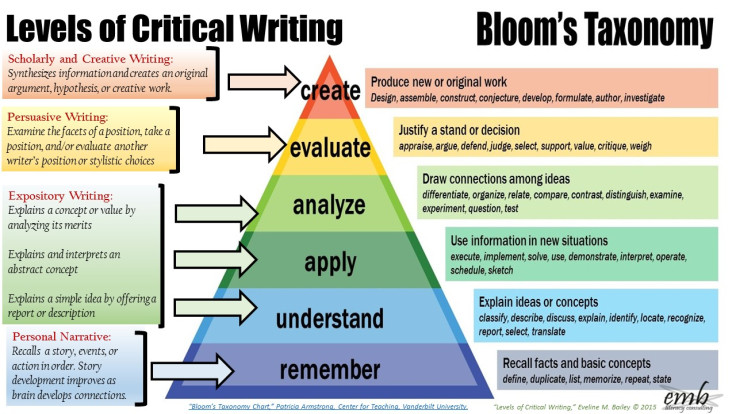
Highly productive people spend time recharging. That means getting enough sleep every night, exercising, and eating healthy.
If you aren’t thinking straight or have trouble focusing, take a look at your personal habits. I know that 7 or 8 hours of sleep just isn’t enough for me — I really need closer to 9, and missing out on sleep affects my productivity for days.
Sleep. Exercise. Eat well. Get outside and soak up some sunshine. Taking care of your healthy habits is a crucial part of efficient work habits.
16. Sharpen the axe
Productivity tip – time spent getting better at tasks saves time on those tasks in the future (sharpen the axe) Tweet this!
There’s a famous quote attributed to Abraham Lincoln that goes:
“Give me six hours to chop down a tree and I will spend the first four sharpening the axe.”
Whether Lincoln actually said this or not is debated, but the lesson behind it is important: If you want to be productive, you need to make sure you stay sharp.
In a modern example, Warren Buffett and Charlie Munger attribute much of their success to reading.
By spending a lot of time reading, becoming more knowledgeable, and getting better at their trade, they were able to make faster and more accurate decisions.
As Munger once said:
“Neither Warren nor I is smart enough to make the decisions with no time to think. We make actual decisions very rapidly, but that’s because we’ve spent so much time preparing ourselves by quietly sitting and reading and thinking.”
Dedicate time to improving, and you’ll be able to respond more efficiently to a variety of situations.
17. Manage your energy (not just time)
Productivity tip – manage your energy, not just your time Tweet this!
Time management is a huge part of productivity. Many of the productivity habits on this list will help you manage your time more effectively.
But just as important — and often overlooked — is energy management.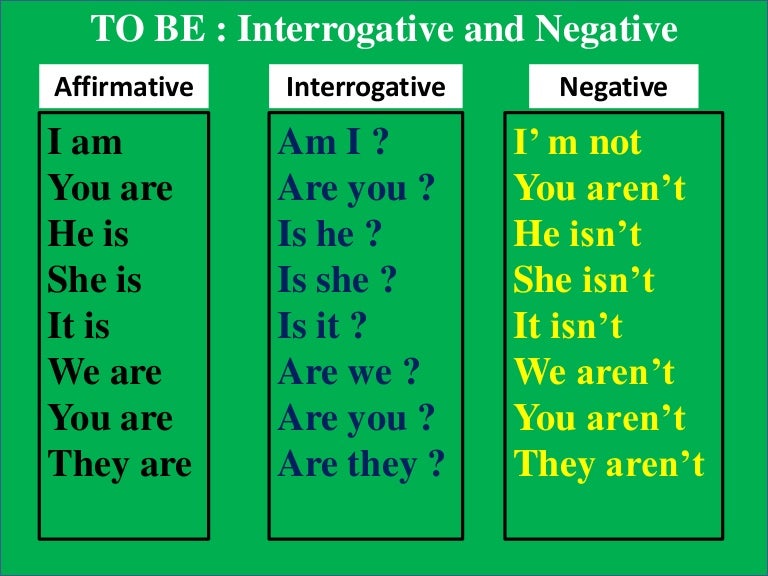
If you are exhausted and can barely think, it doesn’t matter how many hours are left in the day. You won’t be able to use them productively.
This is the logic of tackling difficult tasks early in the day — by using your peak hours efficiently, you can get more done in less time before you get tired. Jason Fried, founder and CEO of Basecamp, says that:
“While people often say there’s not enough time, remember that you’ll always have less attention than time.”
Highly productive people know that it isn’t enough to have time to do things. Managing your energy — to ensure that you tackle the most intense tasks while you have the energy to handle them — is an important trick to becoming productive.
18. Get better at saying “no”
Productivity tip – get better at saying no, even when it's uncomfortable Tweet this!
It’s so tempting to say yes.
New projects and opportunities crop up all the time. It’s easy to get excited by the possibilities — and then wind up with too many commitments.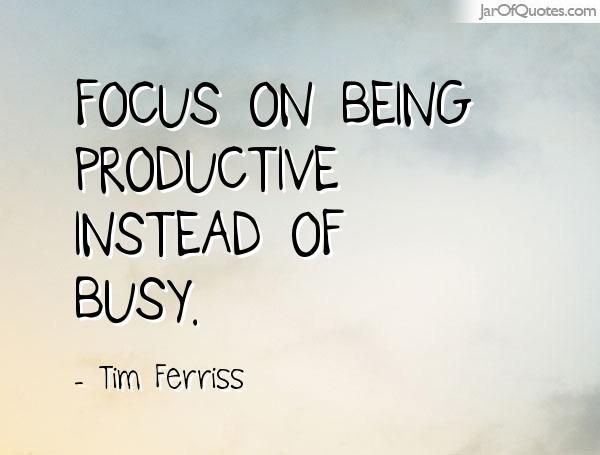
Saying no is hard. It means consciously setting things aside so that you have the time to work on your most important priorities. Expert Mark Shead from Productivity501 had this to say about the importance of saying no:
“People who are highly efficient are really good at NOT doing things.
Having less to do means that the time you spend on important things is more focused and more productive. Too often people think they are becoming more productive by filling up their day with more and more low-value work, but this low-value work takes away energy and creativity that could go toward high-value work.
The most productive and efficient people I know have figured out what they do that is really valuable and they put their effort into doing that to the best of their ability. Usually, this means that they stop doing some ‘good’ activities in order to focus on the things that are most important for them and for their goals.”
Conclusion: How to be more productive
Highly productive people can seem like magicians or robots.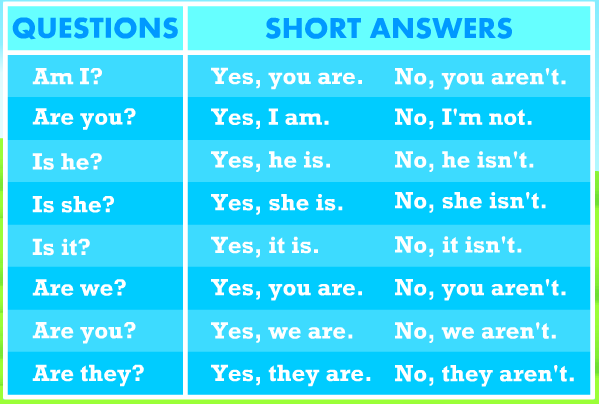 Most of the time, the most efficient people you meet have managed to find ways to overcome procrastination and other challenges.
Most of the time, the most efficient people you meet have managed to find ways to overcome procrastination and other challenges.
The most efficient people aren't necessarily brilliant – they've just found strategies to beat procrastination Tweet this!
Our productivity tips come down to 4 main things. Here’s how to be more productive:
- Manage your time well
- Make better to-do lists
- Take care of yourself
- Be proactive
And one more tip: Know when to ask for help.
Smart people ask for help. Productive people admit when they don’t know something. When you ask for help instead of trying to struggle through something on your own, you save time (and frustration). Make sure you know who and what your resources are — and make asking for help a habit.
To recap, here are the 18 work habits that highly productive people use to become more efficient:
- Focus on most important tasks (MITs) first
- Cultivate deep work
- Keep a distraction list
- Use the Eisenhower Matrix
- Use the 80/20 rule
- Break tasks into smaller pieces
- Take breaks
- Make fewer unimportant decisions
- Eliminate inefficient communication
- Find repeatable shortcuts
- Learn from successes as well as mistakes
- Plan for when things go wrong
- Work without getting motivated or inspired
- Don’t multitask
- Fill the tank and recharge
- Sharpen the axe and improve constantly
- Manage energy as well as time
- Get better at saying “no”
This post was originally published in January 2018. Updated April 2020.
Updated April 2020.
Why Is There The Pressure To Always Be Productive?
Advice Home
>General
Updated October 3, 2022 by BetterHelp Editorial Team
Introduction
In today’s world, there is constant pressure to be productive. Our days are typically filled with long lists of to-dos. Productivity has been ingrained in our society.
Due to the pandemic, many individuals are working from home or have lost their jobs. You may suddenly find yourself with more free time due to factors such as not having a commute or no longer having in-person meetings, and it’s normal to feel pressure about being productive with this newfound free time. This productivity guilt can also be known as “time anxiety.” Time anxiety is the belief that your time is precious, and you don’t want to waste a minute of it. People who have time anxiety often fill their days with many tasks and activities that make them feel productive. However, time anxiety can also take a toll on an individual’s physical and mental health.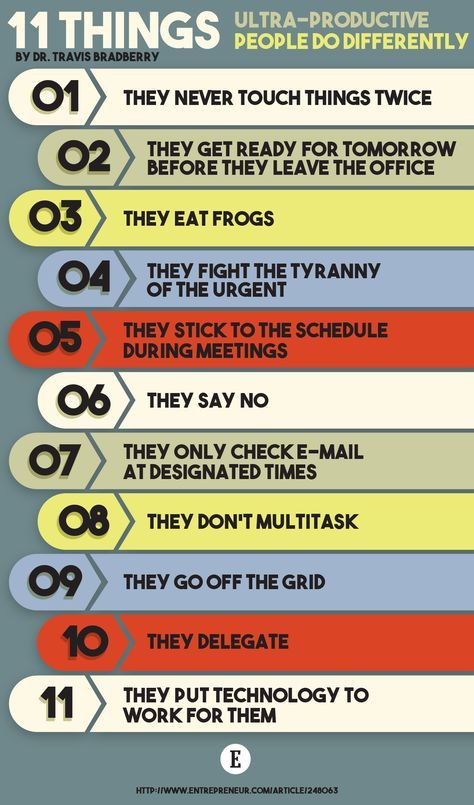
Tackle Feelings Of Guilt About Productivity With Online Therapy
We're Here To Make It Easier- Get Matched With A Therapist
Individuals that feel the constant need to always to be productive often live in a sense of urgency, and may overcommit. When we live with a sense of urgency and are always thinking about our next task, we keep ourselves from focusing on the present moment and being mindful. Overcommitting and overwhelming ourselves with tasks can ultimately lead to chronic stress. Chronic stress can lead to things as extreme as sleeplessness, depression, and anxiety, and when our physical and mental health isn’t at its best, our productivity won’t be either.
When productivity doesn’t seem to be on par with what it should be, individuals may feel guilt. However, a certain level of productivity is important in our daily lives as it gives us a sense of purpose and achievement, which is vital to our overall well-being.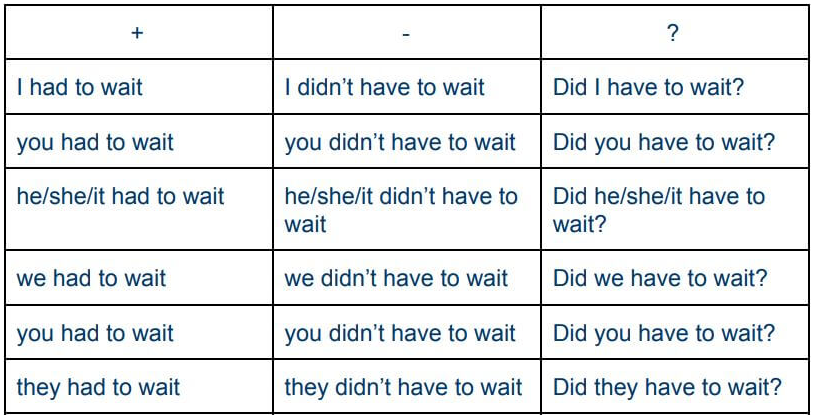 It’s important to find a balance between productivity and mental health. It’s perfectly okay not to be productive every minute of the day or even every day.
It’s important to find a balance between productivity and mental health. It’s perfectly okay not to be productive every minute of the day or even every day.
The pressure to be productive during the pandemic can also be heightened by social media. Many individuals may need to stay productive to avoid their feelings of anxiety and uncertainty about the future. This productivity trend spreads on social media and pressures others with the need to be productive as well. On the surface, everyone is highlighting their most productive moments, but that may not be the reality. Additionally, masking our feelings with tasks and repressing them by constantly staying busy won’t make those uncomfortable emotions go away.
Mental Health SupportIf the current state of the world and the pressure to be productive is affecting your mental health, therapy may be an effective solution. BetterHelp can provide virtual mental health support from thousands of licensed therapists.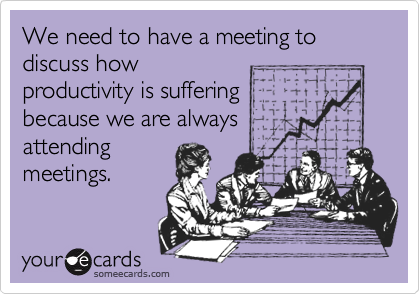 Read below for some reviews of BetterHelp therapists, from people experiencing similar issues.
Read below for some reviews of BetterHelp therapists, from people experiencing similar issues.
“I've been working with Krista for just a few weeks and she has helped me in areas including anxiety, perfectionism, workaholism and co-dependency. She's been very supportive in providing resources and strategies for building a strong and healthy relationship with myself.”
Learn More About Krista Lacroix
“Janee’ has helped me identify patterns of behavior in relationships and my tendency to be a workaholic that I didn’t realize had such an impact on my life as a whole. She is understanding, patient, and willing to ask the questions that really make me self-reflect on what I want, what makes me feel fulfilled, and how I’m taking care of myself as a whole. I couldn’t be more thankful for starting working with Janee’ pre-quarantine because she’s helped so much with working through the emotional aspects of deciding to end a relationship, refocusing on taking care of myself and what truly makes me happy, and also getting through these uncertain times given the pandemic.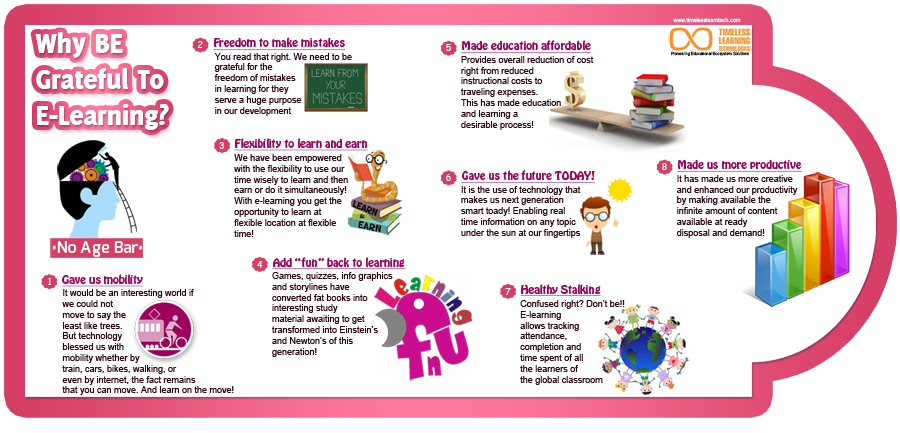 ”
”
Learn More About Janee’ Johnson
Other Solutions Besides TherapyFor some individuals, therapy may not be accessible, or they are not ready to take that step. There are also simple things you can do at home that can improve your mental health. First, understand that it is okay not to be productive every single day. Free time is incredibly important to recharge your body and mind. Allocating free time to do things you like or just to relax can boost your mood, improve performance, and increase overall focus and concentration, making you more resilient when it’s time to be productive. It’s so important to find an equilibrium of free time and productivity.
When we are always thinking about our next task, our minds never stay in the present. Practicing mindfulness can be an incredibly helpful way to bring peace into your life and focus on the present moment. Mindfulness can also relieve stress, anxiety, emotional reactivity, and rumination. When our mental health is in a good state, it is easier to take on what life throws at us. One of the most helpful mindfulness techniques you can do at home is meditation. Try it for a few days and see the difference it can make.
One of the most helpful mindfulness techniques you can do at home is meditation. Try it for a few days and see the difference it can make.
Here is a list of other things you can try throughout your day to feel productive while also taking care of your mental health at the same time:
- Exercise and eat healthy. Your physical health and mental health are a two-way street. If your body feels good, there’s a high chance your mind will too. Regular exercise also boosts those feel-good hormones, which can reduce stress and symptoms of depression.
- Improve your mental health. If you’re not ready for therapy, there are many techniques you can practice at home that can improve your mental health. Practicing mindfulness, for example, meditation or breathwork exercises, can improve your mood, reduce anxiety, and aid in being more present in your life.
- Learn a new skill. If you find yourself with downtime, it may be the perfect opportunity to learn a new skill that you’ve put to the side or even improve one you already have.
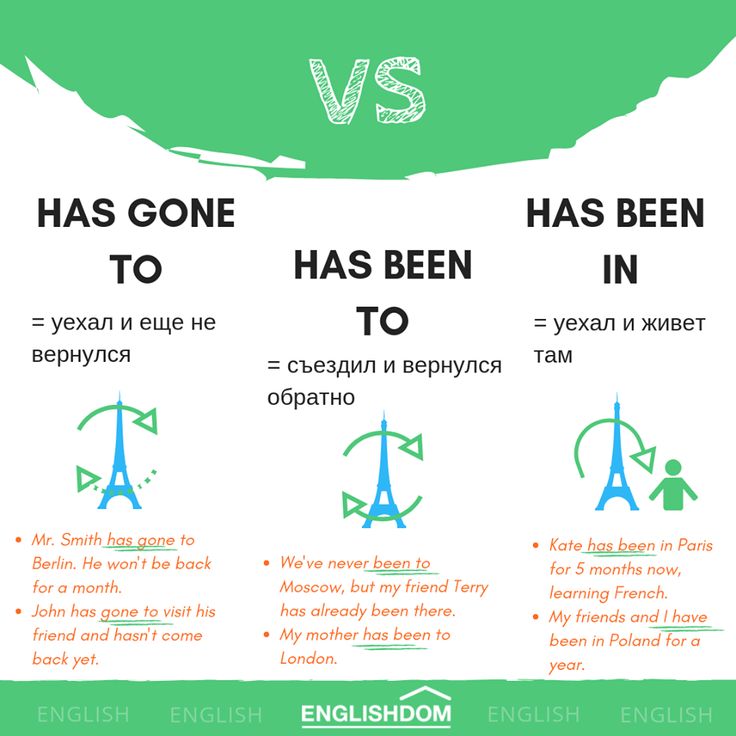 This is an optimal way to increase productivity while also giving you a sense of purpose and accomplishment.
This is an optimal way to increase productivity while also giving you a sense of purpose and accomplishment. - Journaling is another great tool that is easy to do and costs practically nothing. All you need is a pen and paper. Keeping a journal allows you to release any negative emotions you’re feeling while helping you define and analyze them, which helps you heal.
Tackle Feelings Of Guilt About Productivity With Online Therapy
We're Here To Make It Easier- Get Matched With A Therapist
Our society is constantly putting pressure on us to achieve more and do more. This can become exhausting for both our mental and physical health when we feel like we should always be doing more, and therefore are never doing enough. It is okay- and in fact important- for you take time for yourself and realize that this pressure to always be productive is not realistic.
BetterHelp
If you’re experiencing pressure to be productive and it’s affecting your mental health, it may be time to talk to someone. BetterHelp is an online therapy platform that can match you with a licensed therapist who can provide you with tools and guidance to improve your mental health and overall well-being.
BetterHelp is an online therapy platform that can match you with a licensed therapist who can provide you with tools and guidance to improve your mental health and overall well-being.
Frequently Asked Questions (FAQs)
Why do I feel the need to be constantly productive?
The sense that we must always be productive in some form or another is multifactorial. The fast pace of American society often makes us feel as though we must always be doing, moving, working, achieving. Additionally, newfound extra time in the wake of the pandemic and things like working from home or limits on going out can make us feel uncertain with what to do with this time, and as though we must be doing something, else we’re in some form or another not functioning well enough. Social media and the ability to constantly see what others are up to can also fuel the need to be constantly productive.
Underlying issues like familial problems, grief, trauma, and depression can all push us to be continually productive as a means of avoiding the thoughts and feelings brought on by these issues.
Is it possible to be productive all the time?
For a short period of time, yes. However, eventually you will burn out. Our brains and bodies are not structured to be productive and able to function at full capacity every moment of the day, and require rest and leisure to recharge, repair the brain and body, and sort and store memories and the day’s events.
In fact, there’s a biological reason behind this need for rest and relaxation! Predatory mammals, including humans, on average need more rest for longer periods of time than prey species. This is because predators tend to be quite active and cover comparatively large distances during the periods when they’re awake, resulting in great energy expenditure. This is particularly true for more intelligent predatory mammals, such as humans and other primates, felines, canines, and even birds like owls and ravens, as using one’s brain to plan and calculate takes a considerable amount of energy. Consider, for example, a lion – lions spend nearly 20 hours per day resting and relaxing, but during the time when they are active, they are hunting, stalking, sprinting, carrying prey, battling for alpha roles, caring for young, and moving to new locations – all of which are energy-expensive endeavors.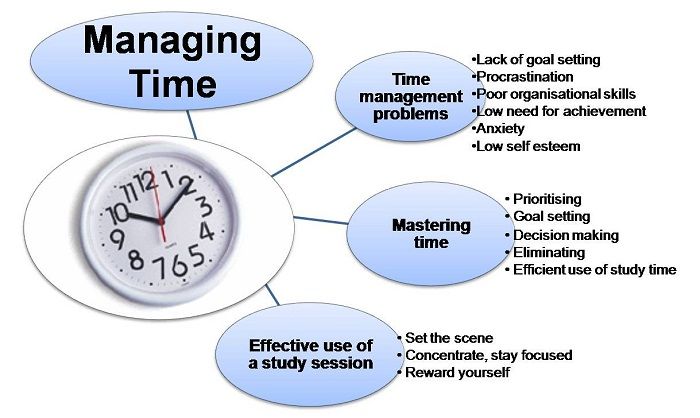
What is toxic productivity?
Toxic productivity is the drive to constantly be productive and doing something, at the expense of things like self-care, adequate rest, and engaging in fulfilling hobbies. It can be somewhat compared to the term “workaholic,” but is not limited to just the work environment. Someone with toxic productivity may feel incredibly restless and stressed when they have free time, and rather than relaxing or doing something they enjoy will focus on things that are perceived as “needing” to be done, such as cleaning, or working on a work or school project in the middle of the night when it could wait. Toxic productivity can also result in feelings of inadequacy, or little to no sense of accomplishment or success when tasks are completed.
This productivity becomes particularly toxic when it involves the avoidance of thinking about or working through health issues, such as trauma, depression, relationship troubles, or physical ailments. When productivity is used to avoid other aspects of our lives, it can greatly hinder our happiness and growth.
How do you deal with toxic productivity?
Ways to mitigate toxic productivity involve doing things throughout the day that boost your mental health. These things can include exercise, mindfulness and breathing techniques, therapy, writing in a journal, or learning a new skill or learning about a new topic. All of these things have the ability to feel productive while also promoting a greater sense of wellbeing, self-connection, and physical and mental restoration.
Additionally, you can try techniques like making lists and time-boxing. Create a list of the things you want to complete on a particular day. Be honest with yourself about time, and be sure to include at least a couple of things for you (these can be things like “ten minutes of yoga” or “read for fifteen minutes” or “take a shower,” whatever you feel would be a good form of self-care for yourself). Once you check these things off the list, that’s it! Stop. Give yourself permission to just be and relax, and do something fun or catch up on sleep or your favorite TV show that you haven’t watch in weeks.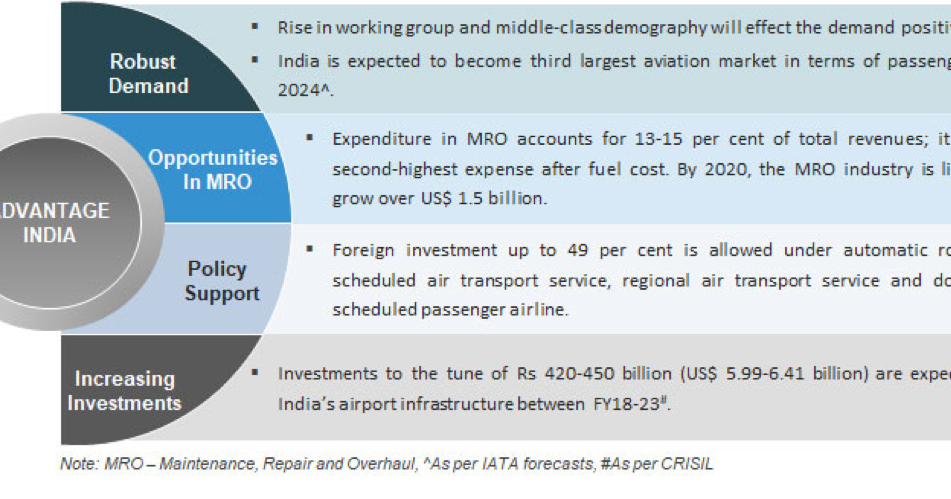 Time-boxing means that you determine ahead of time how long you will focus on particular tasks, so that you’re less likely to be over-productive. You can do this via writing it out or using an app. For example, you could time-box a study sessions: “study from 3 pm to 5 pm.” Once this time limit is up, take a break! It’s important to also time-box things relating to self-care, as discussed in list-making above.
Time-boxing means that you determine ahead of time how long you will focus on particular tasks, so that you’re less likely to be over-productive. You can do this via writing it out or using an app. For example, you could time-box a study sessions: “study from 3 pm to 5 pm.” Once this time limit is up, take a break! It’s important to also time-box things relating to self-care, as discussed in list-making above.
For Additional Help & Support With Your Concerns
Speak with a Licensed TherapistThe information on this page is not intended to be a substitution for diagnosis, treatment, or informed professional advice. You should not take any action or avoid taking any action without consulting with a qualified mental health professional. For more information, please read our terms of use.
The information on this page is not intended to be a substitution for diagnosis, treatment, or informed professional advice. You should not take any action or avoid taking any action without consulting with a qualified mental health professional.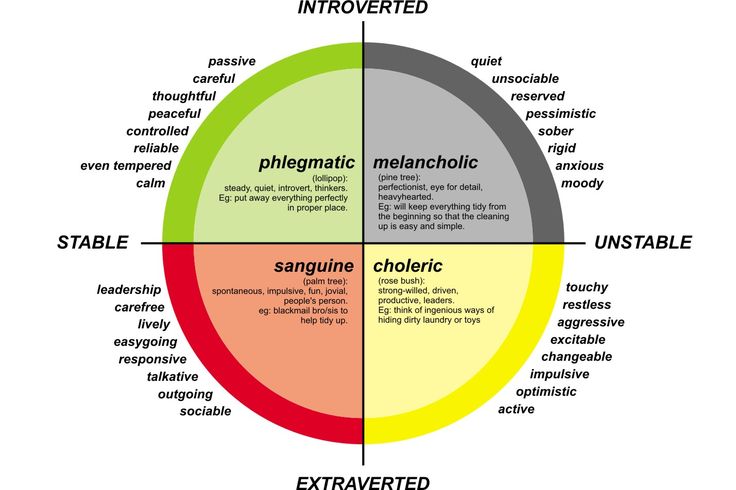 For more information, please read our terms of use.
For more information, please read our terms of use.
Being productive is dangerous, and here's why
My personal rule is this: if you are not completely sure that a certain action will benefit you and the whole world, you should not take it. You can do nothing - most likely, it will be pleasant, and it is unlikely that anyone will suffer. It was rare that irreparable mistakes were made by people lying in bed, while the need of to do something more than once led to serious disasters. Productivity is extremely dangerous.
At any arbitrary moment in time, you are hurtling through space at over 100,000 kilometers per hour while simultaneously spinning along with the entire surface of the Earth at over 1,500 kilometers per hour. You fill your lungs with oxygen again and again, and since you recently ate, the blood delivers nutrients to every cell in your body, which is renewed over and over again. Even in sleep, your mind is always busy. You still feel like you have to do is more than what you are doing now?
Due to my own laziness, I never deleted my LinkedIn account or unsubscribed from the daily Medium mailing list. So every morning I get emails with links to articles like “How I Optimized My Morning to Get More Than Ever Before 8 Hours!” The people spreading these links are sick and we need to stop them before this gets out of hand. Of course, if you suddenly decide to take a look at this nonsense, you will be surprised by what you will see there. Some poor fellow boasts that he sacrificed his social life, but by the age of 30 he released four new, mentally dangerous applications into the world. Or you will see something like “congratulate Lisa on her new position as Director of Advertising for Nestlé Africa.”
So every morning I get emails with links to articles like “How I Optimized My Morning to Get More Than Ever Before 8 Hours!” The people spreading these links are sick and we need to stop them before this gets out of hand. Of course, if you suddenly decide to take a look at this nonsense, you will be surprised by what you will see there. Some poor fellow boasts that he sacrificed his social life, but by the age of 30 he released four new, mentally dangerous applications into the world. Or you will see something like “congratulate Lisa on her new position as Director of Advertising for Nestlé Africa.”
How about this productivity tip: just don't make apps that no one wants, don't advertise for Nestlé, and don't do anything like that? I often see headlines like: "Ten habits I gave up to get more done." At times like this, I think, “Here’s another habit you need to give up: posting like this.” If you wake up at four in the morning to write a thousand words about writing a thousand words every day, does it even make sense? Just get some sleep.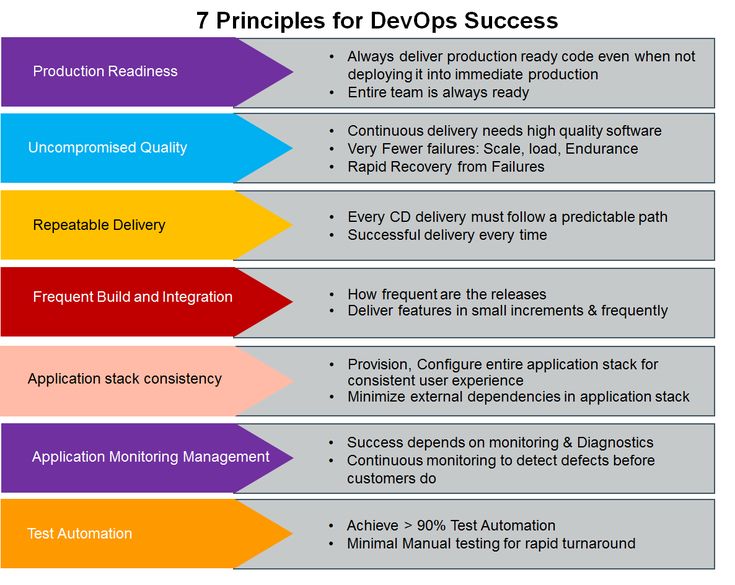
Every time I come back to one of the centers of modern capitalism (New York, London and others), it becomes especially strange because we are used to considering constant employment as a blessing.
Do you still feel like you need to do even more than you are doing now? You know who else was productive? The most bloodthirsty killers in history. Yes, even them. You can decide that I'm not serious, but the meaning will not change. Real fascism has re-entered our culture so much that Godwin's Law can no longer be remembered, and we can officially use such extreme examples. Think of all the "merits" of the worst people in history - their actions required a huge amount of effort. Millions of people woke up at some point, went outside and did something , although they could simply not do either. Don't even hesitate - many of them wanted to sleep longer that day. I just needed to think a little better before giving in to this action cult. If instead of what they did, those people decided to just lie down, read books, listen to music, drink and relax, the world would be a much better place.
Of course, everyone needs money, but that's not the point. When you're working to survive, it makes sense beyond the primal fear of doing nothing. Even the wealthiest people feel the need to Do Something. If the most terrible historical figures had stayed at home, their disgusting ideology would still be worth destroying, but this could have been done differently.
And let's be honest - maybe we're terrible people too, and our projects are disgusting. Not as bad as those people's designs, but still in need of a major overhaul.
I have no doubt that everyone can come up with a really worthy task. Reading, playing sports, joking with friends are all great for most situations. Other good options are helping others, charity, political activism (just think very carefully about which side you are on and how it will affect you). If you don't like any of these ideas, you can do nothing. Life won't stop there.
Photo: pax ziaozhen
Generally speaking, no one cares what you do.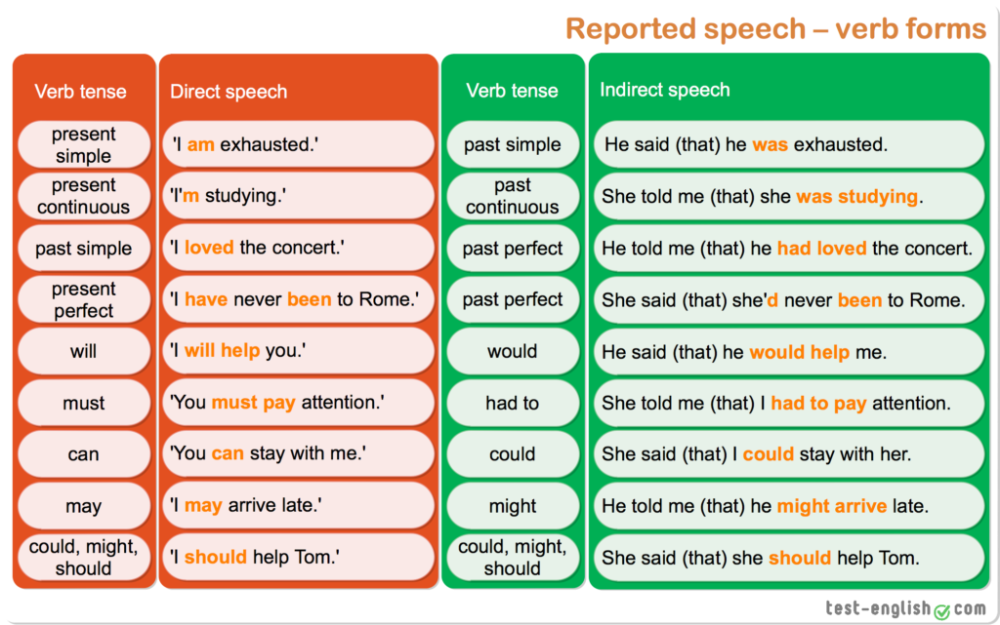 Are you 28 years old, have you completed your higher education and are aiming to improve your social status? Are these people especially valued by advertisers on this site? Think about this. You have to work for several more decades. If you now take a break for one or two years to enjoy your time, you can return to business without compromising your career. When someone in the future wants to appreciate how much you've contributed in your entire life, that tiny gap won't even matter. However, it will matter if you do something terrible during this time.
Are you 28 years old, have you completed your higher education and are aiming to improve your social status? Are these people especially valued by advertisers on this site? Think about this. You have to work for several more decades. If you now take a break for one or two years to enjoy your time, you can return to business without compromising your career. When someone in the future wants to appreciate how much you've contributed in your entire life, that tiny gap won't even matter. However, it will matter if you do something terrible during this time.
Max Weber, father of the science of productivity, theorized that Calvinists—who believed and still believe that every person, no matter what they do, are destined to go to heaven or hell—worked fanatically to prove themselves and those around them, that they belong to the chosen minority (those who will be saved by God and will live with him in paradise), and not to the larger group of libertines, or the damned.
“The chosen person is active, not passive; his actions are a manifestation of the intellect, and not of habit or feelings; his attention and energy are long-lasting, not short-lived; its activity is constant, not intermittent, writes the sociologist Gianfranco Poggi. “Such a person tries to bring order and control over things and people around.”
LinkedIn is a death cult Weber's The Protestant Ethic and the Spirit of Capitalism is still considered a seminal work in sociology, but some historians and economists also see it as a worthy explanation for the rise of capitalism. However, in my attempts to connect today's desperate productivity with our indefatigable Puritan ancestors, I stumbled upon an even more frightening explanation. In 2010, in On Time, Punctuality and Discipline in Early Modern Calvinism, Reformation scholar Max Engammare argues that the Calvinists fundamentally changed our understanding of time. They replaced the concept that existed in medieval Catholicism - cyclical and based on the repetition of seasons and holidays - with a linear vision in which time was an exhaustible resource. Hence the need to finish things on time, which, according to the scientist, did not exist before.
Hence the need to finish things on time, which, according to the scientist, did not exist before.
“Calvin constantly reminded his followers that God is watching us every minute. When the Day of Judgment comes, these minutes will be counted by the believers, ”it is written in this presentation. In the interpretation of the reformist scholar Jon Balserak, it sounds like this: “European Calvinists, who abandoned the liturgical calendar and still do not celebrate Christmas and Easter as religious holidays, introduced the concept of linear and end time in the 16th and 17th centuries. Along with this came the understanding of time as a precious resource. People have learned to come to meetings on time, although it was not so important before.”
Thus, if it would be an exaggeration to blame the spread of capitalism to the Calvinists, then something much more serious can be presented to them: this religious movement is guilty of the fact that we constantly feel how time is running out and every day brings us closer to death.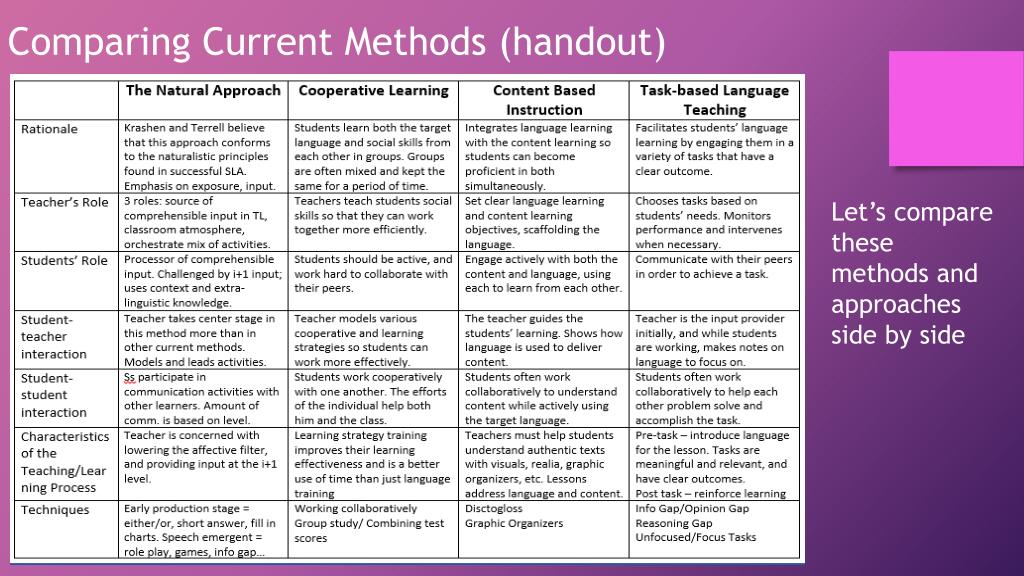
Photo: Loic Djim
I suppose that at least everyone who grew up in a wealthy Protestant country knows this feeling. This is the reason for our perverse desire to self-flagellate and the answer to the question “What have I achieved this year?”, And this is why we feel envy every time the next successful person turns out to be younger than us. In the US, for example, you may be a Catholic, a Jew, a Buddhist, but somewhere deep down you are also a Calvinist. And considering how American capitalism has spread around the world, the same can be said about other countries. This is the reason for those fanatical articles on LinkedIn and Medium.
That's right. LinkedIn is a cult of death. Publishing such material is like joining a group of religious extremists, except for wealthy Stanford-trained people. You are lost, you do not know what to do - and then the dominant ideology appears, and you willingly sacrifice your life for it. Elsewhere, you might as well be drawn to radical Islam or militant Buddhism, but since you're a digital salesperson, your cult is to publish hundreds of articles about how to get promoted.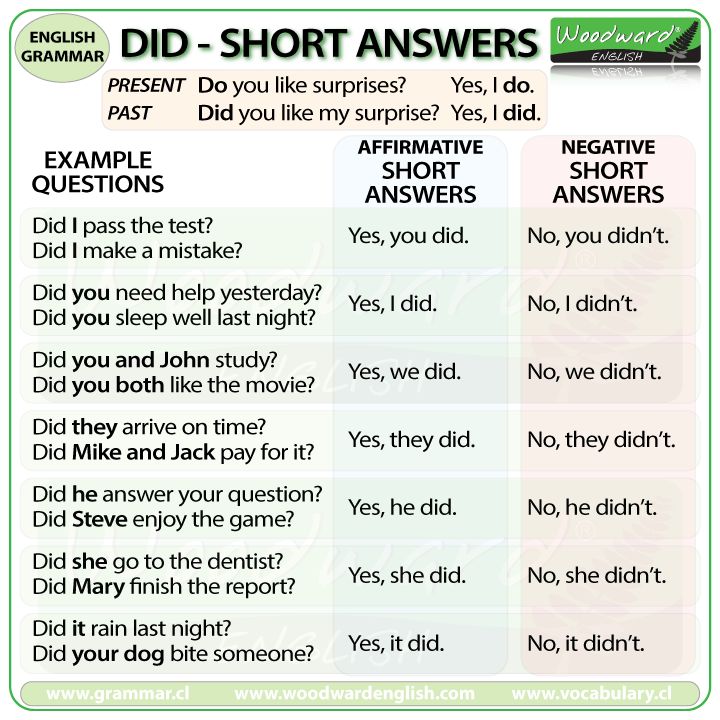
Somewhere else you might as well be drawn to radical Islam or militant Buddhism, but as a digital salesperson your cult is to publish hundreds of articles on how to get promoted I always thought Weber wrote about the “Protestant spirit” from a critical point of view, that is, the idea that a person can only prove by hard work that he is destined to go to heaven seemed crazy to a worldly sociologist. What Weber really meant, however, was that his native Germany needed to be more like the post-puritan United States in order to achieve world leadership.
According to Weber, “the modern world was not destined to see the reign of common sense or Christian sympathy. Instead, the future promised a continuous and widespread struggle for material resources and an alternative way of life. Only countries with the most developed industries, dynamic politics and a practical approach to life had a chance to become - and remain - a great power and a great culture," Peter Baehr and Gordon C.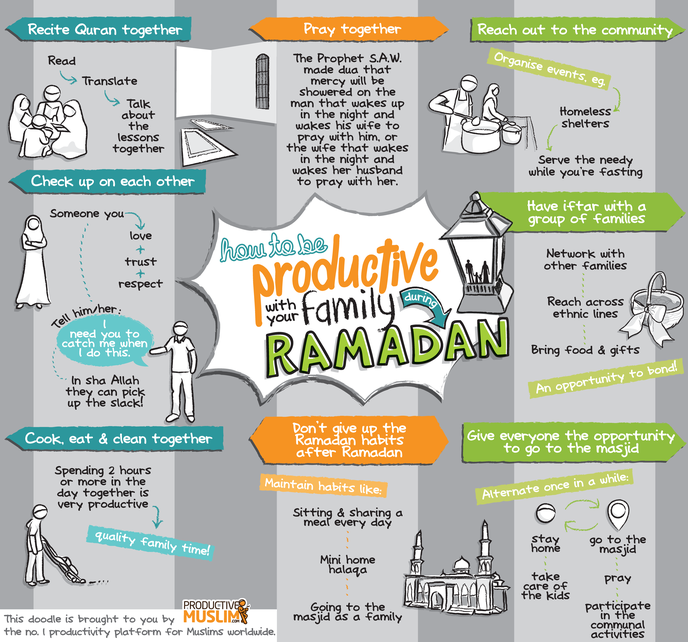 Wells write about Weber's views before publication his book, which first appeared shortly before the First World War. His country had to learn from the religious and action-obsessed Americans, otherwise "Germany risked becoming a laughingstock."
Wells write about Weber's views before publication his book, which first appeared shortly before the First World War. His country had to learn from the religious and action-obsessed Americans, otherwise "Germany risked becoming a laughingstock."
I think it would be better for the whole world if Germany became a laughing stock after all. As for me, I'll go back to bed.
Source
Related materials:
20 life hacks that will help make life better in the new year
What is it like to be the last generation that remembers the world before the Internet?
Eternal time pressure: services that save you about five hours a day
Prioritize like a billionaire
Cover photo: Curtis MacNewton
6 tips to be productive and get more done
How to stay productive and help others do more? Revenue Cycle Manager of an outsourcing company Pharmbills Olga Melnichenko shares her life hacks.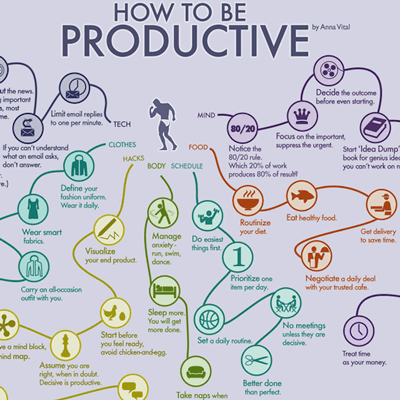
1. Hear and know yourself
It is important to understand what affects your productivity, energy level and apply this knowledge in practice. For example, I know from experience that I'm more productive when I multitask. So if I have to do something that requires hours of concentration, I divide that task into small gaps and do something else in between. Switching gives me the opportunity not to get tired, not bored and, accordingly, not to reduce productivity.
2. Allow yourself to be lazy sometimes
And most importantly, don't blame yourself for it! As a rule, in my task manager there are a number of small tasks - not urgent, without hard deadlines, but no less important for this. If my productivity drops, I do these tasks. That is, I kind of allow myself to be lazy, but at the same time I redo the mountain of small, but necessary work.
3.
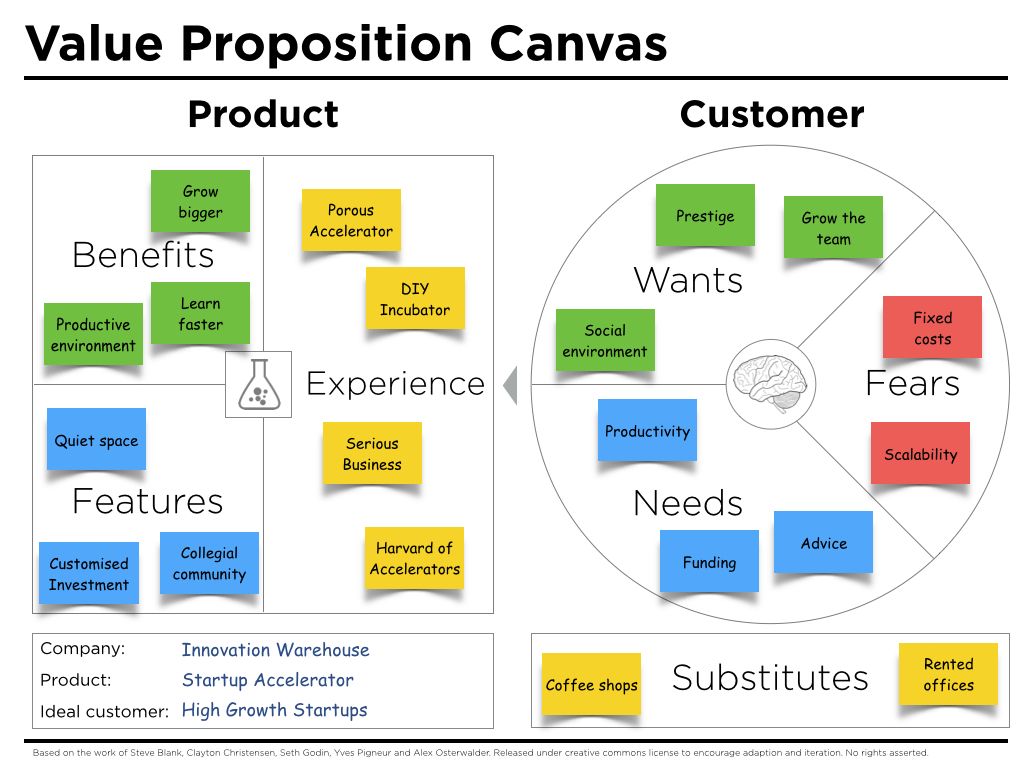 Plan your day
Plan your day Read also
👑
Wed 18/09Career
How to boost your efficiency: 5 online productivity tools
And it doesn't matter if you write them in a notepad or in the task manager. Even just a daily to-do list written down on paper helps you focus and track progress. Well, crossing off completed items, according to the author of books on self-development Brian Tracy, gives a great sense of moral satisfaction and allows you to keep your productivity at the level. Therefore, even with a completed electronic task manager, I often use a paper notebook and chaotic to-do lists.
4. Eat frogs on time
I was lucky enough to attend a live performance by Brian Tracy, but it was his little book Eat the Frog! ” is still the most powerful time management and productivity tool for me. I always do the most unpleasant and exciting things for me first.
By the way, this is the first step to high efficiency - to recognize the fact that not all 100% of the work you love will be pleasant. In any job, there are tasks that are scary, boring or not fun to do. The main thing is that they should not be 80%, but 20%.
In any job, there are tasks that are scary, boring or not fun to do. The main thing is that they should not be 80%, but 20%.
5. Organize a comfortable workplace
And keep it clean and tidy. I really like to clutter up my desktop, so putting things in order or dusting me sets me up and concentrates. The main thing is not to get carried away and start cleaning the whole apartment instead of working 🙂
Uncreative Mess: 15 Tips for Cleaning Your Workplace
Read
completed projects. Choose what you like and don't allow yourself to do all the time: buy delicious food, go out for coffee with friends, go to the movies. The main thing is that this ritual should be. Then you will feel the completion of the project, and this will give you strength and incentive to move on to the new.
See also
👑
Mon, 28/10 Development
10 reasons to keep a diary of success
I have a ritual - before each New Year I answer 27 questions about the past year.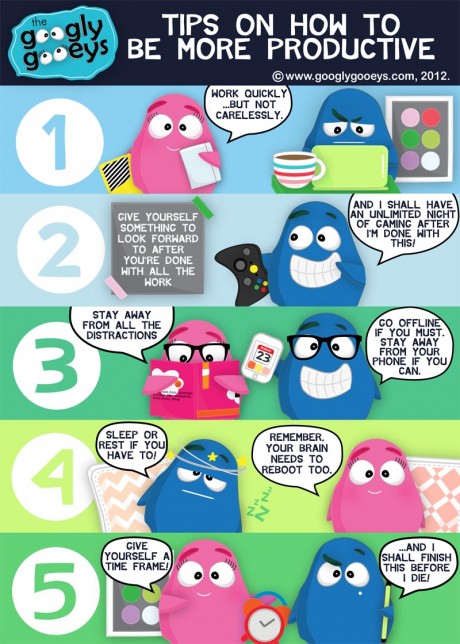 A lot of the questions are about achievement, and a lot of achievement is usually work-related. This ritual makes it possible to notice small but important achievements, it is better to remember interesting events, to see your moral and professional growth and development. Very interesting and motivating. I can share a list of questions 🙂 If you are interested, write to us on Facebook or Instagram.
A lot of the questions are about achievement, and a lot of achievement is usually work-related. This ritual makes it possible to notice small but important achievements, it is better to remember interesting events, to see your moral and professional growth and development. Very interesting and motivating. I can share a list of questions 🙂 If you are interested, write to us on Facebook or Instagram.
How do you keep your colleagues productive?
- Build relationships of trust, be ready to guide, listen.
- Make it clear that mistakes are part of the process, work on how to avoid and minimize them.
- Help to integrate into the team and advise how to better build relationships with which person.
- Set goals, talk about goals, convey information why what we do is important.
- Monitor burnout and prevent it in time.
- Keep your promises on time, give honest feedback.
- Give thanks for achievements, create rituals to celebrate success.
